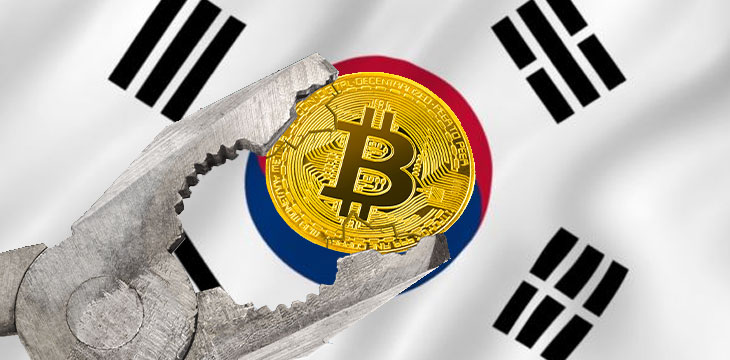|
Getting your Trinity Audio player ready...
|
A probe of cryptocurrency exchanges in South Korea is currently underway by regulators who are concerned with how the exchanges have handled customer data. The regulators, the Korea Internet & Security Agency (KISA) and the Korea Communications Commission (KCC), are said to be investigating the possibility of infringements of data privacy rights related to interactions between the exchanges and third-party service providers.
South Korea media outlet Chosun published an article last Monday discussing the investigation, saying that the watchdogs are looking into the exchanges and their administrative and technical procedures for protecting personal data, including data access control, personal data encryption, protection against malware and anti-tampering measures. If any infractions are uncovered during the investigation, which will cover the collection, provision, use and destruction of personal data at the exchanges as well as the third-party entities, penalties could be assessed against the violators.
Chosun also indicated that the KCC will launch a separate investigation against cryptocurrency money handling companies that have been presented with corrective orders after they were shown to be in violation of the country’s Personal Information Act last year.
Several recent high-profile exchange hacks have compelled the agencies to launch their investigations. Last month, Bithumb lost around $32 million in a hack and subsequently reported that it was able to recover just under 50% of the amount. Bithumb, just before the hack occurred, had been the subject of a three-month investigation by authorities that resulted in the exchange being given a stamp of approval for its operations.
Only about a week prior to the Bithumb hack, Coinrail was targeted by thieves who were able to get away with $40 million in digital assets during the hack. The exchange lost approximately 30% of the assets it had in its possession and included a variety of coins such as NPXS, Aston X, Dent, Tron and others.
Cryptocurrency exchanges have come under increased scrutiny and pressure in the country this year. Regulators are cracking down on anti-money laundering practices, fraud prevention and Know Your Customer (KYC) policies to increase consumer protection. More recently, the country’s Financial Services Commission released new regulations covering AML guidelines at the beginning of this week that include enhanced identification verification procedures to prevent foreigners from using the exchanges and to ensure customers aren’t allowing their accounts to be used by others for illicit trading.

 03-03-2026
03-03-2026 




